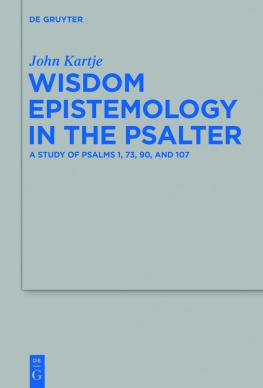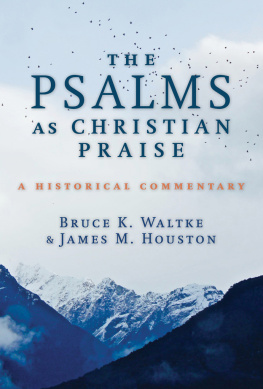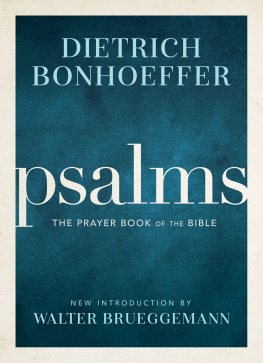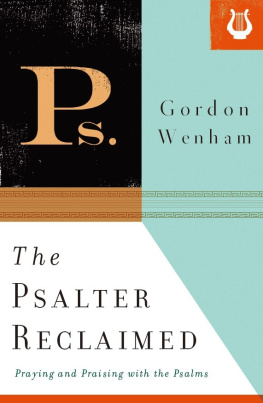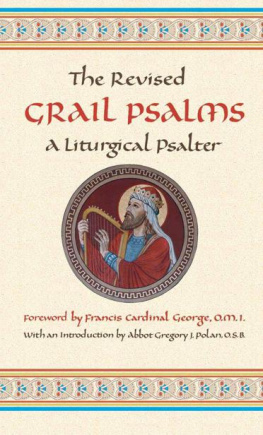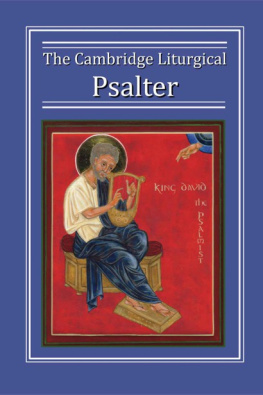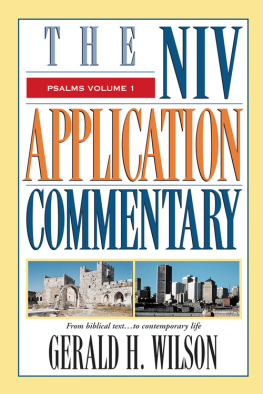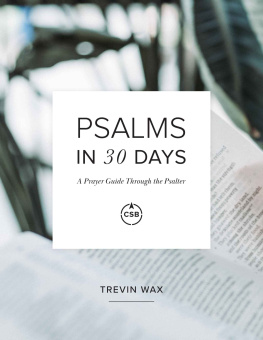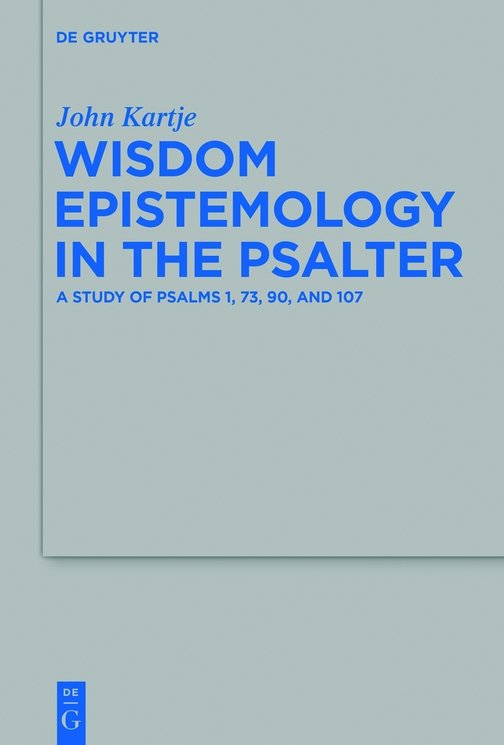Psalm 1 is the least epistemologically complex of the psalms considered in this study. Its primary proposition (the good flourish, the wicked perish) is presented axiomatically, and the worldview represented within the text is incapable of adequately addressing the inevitable challenges to that proposition which are posed by everyday life experience. Such challenges (e. g., why do the good suffer and the wicked prosper?) are never raised within the context of the psalm. For the psalmist, human beings presumably have no inclination to change their moral state (from wicked to good, or vice versa) and they do not interact with God other than to either continually contemplate Gods law or else to categorically reject it.
From the perspective of social epistemology, Psalm 1 reflects a rigid society that requires the indoctrination of each new generation with the above-cited primary proposition about good and evil. Nihilation is practiced in the strictest possible fashion: dissenting voices (claiming, for example, that good people might suffer, or that the wicked might prosper) are simply not acknowledged to exist.
Psalm 73
Psalm 73 provides a significant epistemological advance over Psalm 1 insofar as the psalmist at least acknowledges the reality that wicked people do sometimes prosper, and that this situation can lead to deep anguish among the righteous. Within the worldview represented within the psalm, however, the one who is pure of heart has no direct recourse for resolving his crisis. While he holds the same axiomatic truth that sustained the psalmist in Psalm 1, that truth provides no succor to him in the face of the apparent grave injustices he witnesses. Relief finally comes to him, not because he has judiciously followed a prescribed plan for the acquisition of deeper insight and clarity, but rather as the result of a purely gratuitous revelation from God. The psalmist put himself in the position to receive such a gift (by entering Gods sanctuary), but he gives no indication that he deliberately entered the sanctuary in expectation of receiving the revelation. Furthermore, the resolution to his crisis a crisis that was precipitated by the material wellbeing of the wicked comes not via the granting of material wealth (at least not initially), but rather via an intellectual insight.
Unlike the situation in Psalm 1, here the psalmist has both the capacity to recognize his lack of knowledge as well as the desire to acquire what he does not know. He does not, however, have a method for learning. And while God is the ultimate source of the knowledge he lacks, the psalmist does not seem to know how to access that knowledge; when the psalmist actually receives the knowledge, it arrives unexpectedly.
Viewed from a social perspective, we note that the education of this psalmist is a highly individualistic affair. He wanders into the sanctuary alone and is enlightened. He gives no indication that he carries an intellectual burden which is shared by all the pure of heart. He is not sent as a representative to acquire an answer for his people, nor does he indicate a desire to share his new-found wisdom either with his peers or with future generations. The epistemological gains of the psalmist are largely a private matter. If one were to doubt that the pure of heart will always prosper (or that the wicked will be punished), there is no suggestion in Psalm 73 that such a one would be silenced by his society. But neither is there any indication that he would necessarily be enlightened with the truth.
Psalm 90
Psalm 90 begins with an intellectual crisis that is even broader than that voiced in Psalm 73. Here the problem is not only that the righteous sometimes suffer, but that all humanity is under the burden of a toilsome and relatively brief life. The crisis gives rise to existential questions about the purpose of lives that vanish like a sigh.
As in Psalms 1 and 73, the psalmist holds an axiomatic truth about Yhwh: in this case, that Yhwh has been a safe refuge for Israel for all eternity. As in Psalm 73, the usefulness of that truth is questioned (at least implicitly). Unlike Psalm 73, however, here the psalmist has a deliberate plan for attempting to resolve his intellectual crisis. He directly appeals to Yhwh and asks to be taught, so that he might gain a heart of wisdom. Furthermore, he names the explicit lesson that he would like to learn: how to number his days rightly. While the psalmist in Psalm 73 receives the help he desires, Psalm 90 offers no such resolution: the audience is left, along with the psalmist, still awaiting a reply. Nevertheless, the psalmist in Psalm 90 conveys a greater sense of confidence than does the psalmist in Psalm 73, for the former clearly knows whom to ask, and what to ask for, in order to gain understanding about the nature of life.

